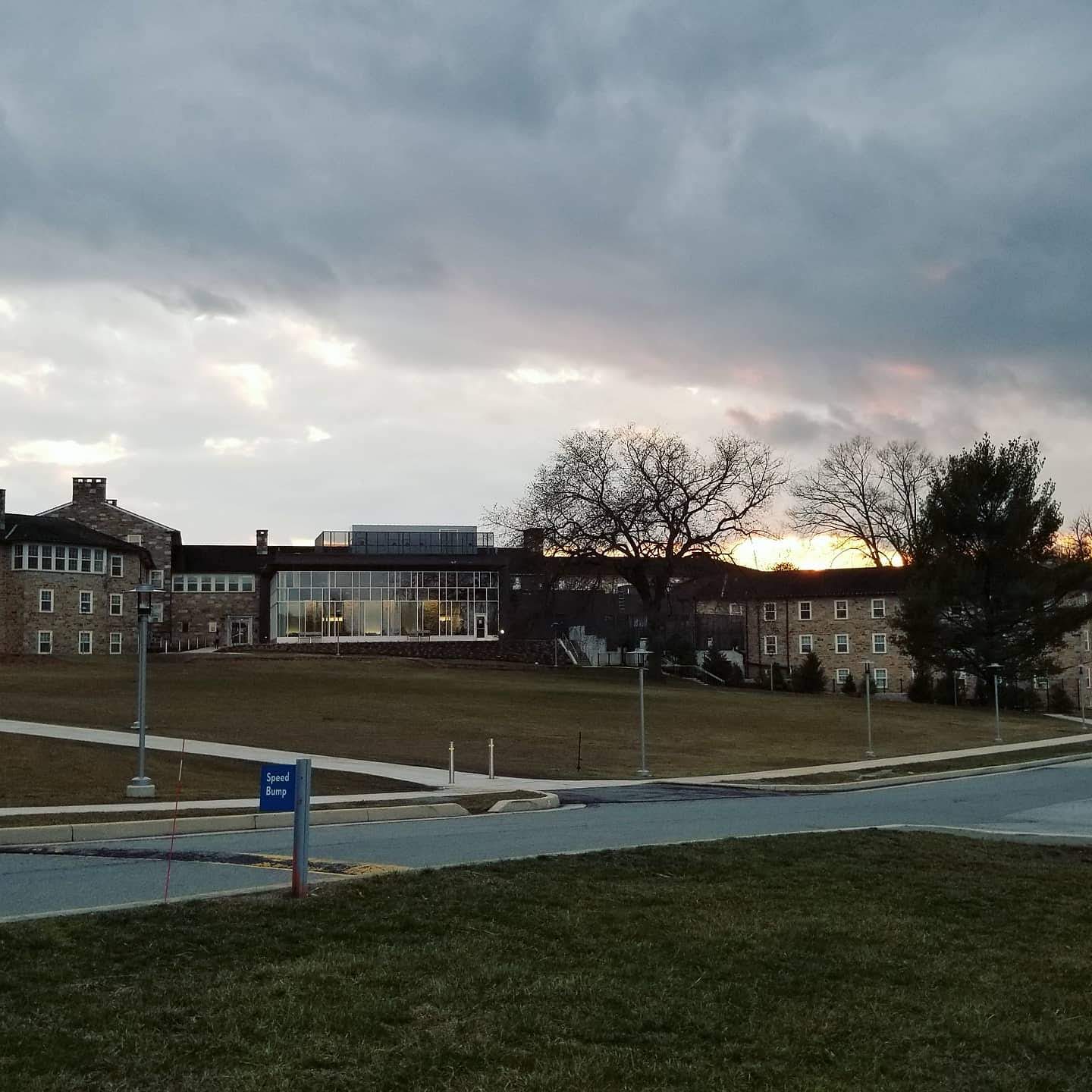By Neve Levinson ’21 with additional reporting from Jibril Howard ’22, Co-Editors-in-Chief
Under its current Constitution, there are 16 Senators within Goucher Student Government, with either two Co-Presidents or a President and Vice President leading the organization. Each of these eighteen members are elected by the student body through a digital voting process overseen by the Elections Commissioner, a position currently held by Christina Charikofsky ‘21. Senate elections take place every November, and each term is a year.
GSG’s Constitution grants each Senator and President/VP one vote when making decisions as a body, according to Article 3, Section 2, Part 1.1. Basically, GSG exists as an intermediary between students and administrators, most commonly the members of the President’s Cabinet, which is currently composed of Kent, the Vice Presidents, including our new Dean of Students and Provost, as well as the College’s legal counsel. GSG members (known as “Senate”) also interact with our Board of Trustees, faculty, and other staff outside of the President’s Cabinet. Easy enough, right?
However, when speaking with David Kahana ‘21, a current Senator, we learned that “the recent changes made by some GSG senators was to create so-called ‘Active’ and ‘Observer’ Senators. Active Senators have their role unchanged from normal senator power while Observer Senators ‘lose their voting privileges and agenda-deciding privileges,’ according to the proposal. This was stated initially upon the rollout of the changes, but talk between the senators who decided this seemed to have not fully defined the role of Observer Senators. I have heard that Observer Senators can still vote but do not count for quorum but that was not stated in the initial announcement and was never stated in any official announcement. There actually was never an official announcement about this all just one Senator announcing the changes.”
The confusion about the sticking power of the decision was echoed by Sam Anderson ‘21, a current Senator and former GSG Co-President. When asked the same question, we needed to specify that we were talking about Observer versus Active Senator positions. Anderson remarked:
“Given the complications of scheduling and the increased responsibilities students are facing during COVID-19, members of GSG chose to break Senators between Observer Senators and Active Senators. This was done in order to allow GSG to function without problems of attendance or participation while trying to respect each senator’s new challenges and stressors due to the pandemic.”
When asked about how he feels about the Senate changes, Kahana remarked, in part:
“In all honesty, I understand the need for GSG to reform and have a real role aside from sending out mass emails or promoting a pyramid scheme to students on Instagram. The main problem is that GSG has no role and has no reason for existence, especially while we are not on campus.”
(Don’t worry, we’ll cover what he’s talking about with Instagram in another article).
When we asked about how the process to make these changes took place and what he thought of the outcome, Anderson replied:
“I do not support the delineation between Active and Observer Senators. I think the process was focused on efficiency rather than caring for our peers and achieving a collaborative solution to the challenges we all are facing.”
We also asked Anderson about how he sees these changes impacting GSG’s role on campus, to which he said,
“I do not see these changes impacting GSG’s role on campus in the immediate sense, but I do think it has done damage to how students see GSG. I’m hopeful that this damage in the eyes of students will inspire student government to take a second look at our processes and organization.” He added, “I hope that the Senate will begin a process to break down and transform Goucher Student Governance into something that actually benefits students and supports student governance on campus. I hope this process engages the student body and is very intentional.”
We’ll keep you all updated on how this develops, including interviews with other stakeholders in the process.

